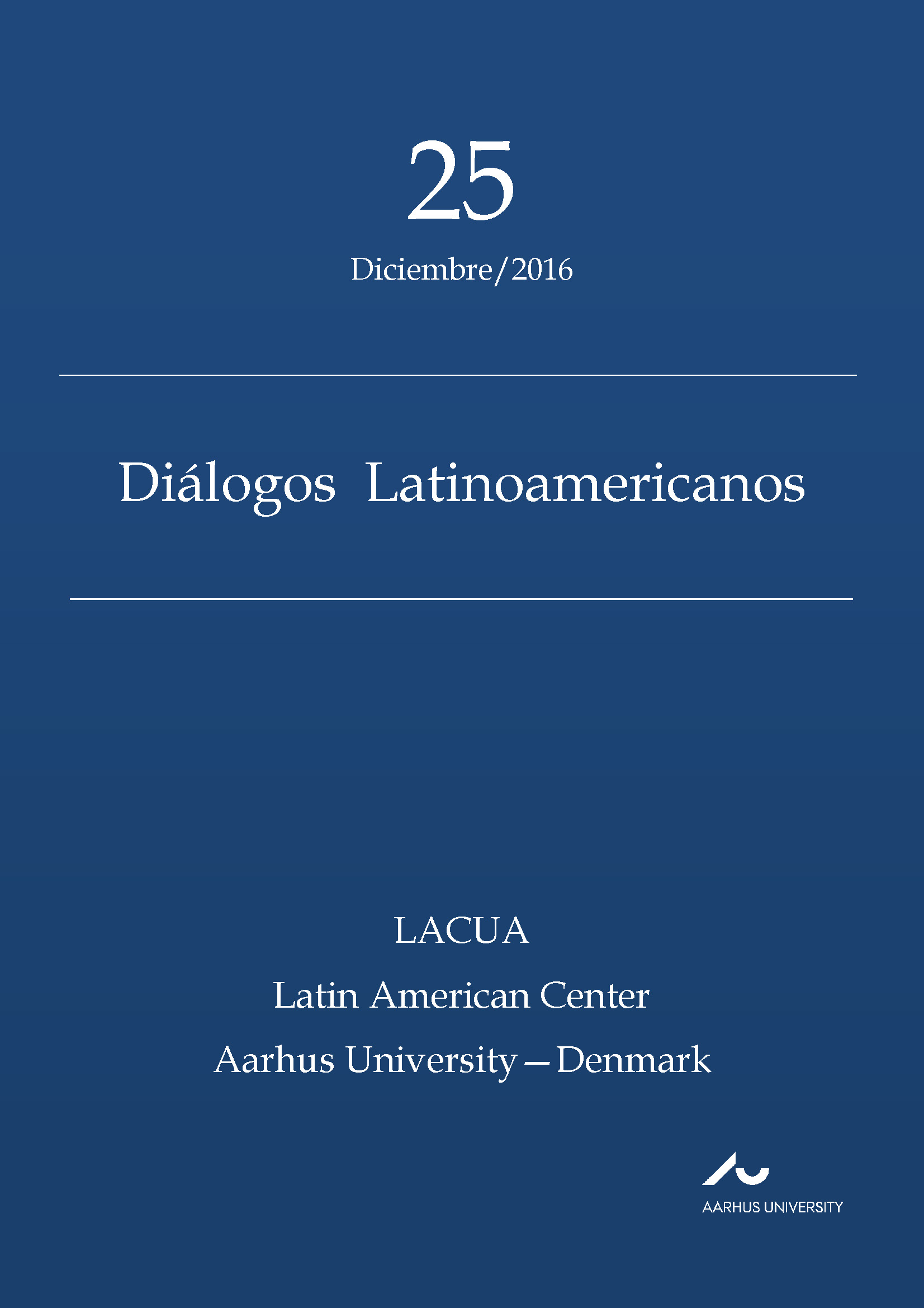A Leitura do Literário no Brasil
Tensões e contradições establecidas nas práticas de leitura
DOI:
https://doi.org/10.7146/dl.v17i25.112900Keywords:
reading practices, colonial Brazil, press, history of the book, censorship, cultureAbstract
It is critically consider issues related to Brazilians’ literary education,
analyzing how their reader’s history was built (and the myth of the nonreader),
in a reading practice sociology approach. We seek to understand
who the readership of colonial Brazil was until the early twentieth century,
and how the transition of a European culture consumer’s country to a
country that produces its own culture was. Four major events that
contributed to promote the reading culture in Brazil are discussed: a) the
censorship abolition in 1820; b) the end of the government monopoly over
the press in 1821; c) the establishment of higher education in Brazil in 1827;
d) investments in public education, particularly for women, around 1834; e)
the professionalization of writers. The story of the book and readers’
education were constituted between the habit of servitude and the desire for
freedom.
References
de Janeiro Joanino”. Revista Floema, ano III, n. 5 A: p. 7-30.
Alencar, J. (2006), Senhora. São Paulo: Escala Educacional.
Algranti, L. M. A. (2011), “Tabernas e botequins, cotidiano e
sociabilidade no Rio de janeiro (1808-1821)”. Acervo. Rio de
Janeiro, v. 24, n. 2: p. 25-42.
Alves, C. (200-), “O livro e a América”, in Domínio público,
Espumas flutuantes. URL
www.dominiopublico.gov.br/download/texto/wk000623.pdf [ 20
jun. 2015].
Andrade, O. de. (200-), “Manifesto antropófago”. UFRGS. URL
http://www.ufrgs.br/cdrom/oandrade/oandrade.pdf. [ 3 fev. 2015].
Andrade, M. de. (2014), “Macunaíma”. Arca literária. URL
http://vivelatinoamerica.files.wordpress.com/2014/01/macunaimade-
mario-de-andrade.pdf >. [6 maio 2015].
Aragon, S. (2006), “Les lectrices des lumières dans la litterature
française”, in T. Bremer & A. Gagnoud. Modes de lecture dansl'Europe des Lumières - textes recueillis, vol. 7, Montpellier,
Université Paul Valery-Montpellier, 2006: 43-54.
Assis, M. de. (1994), Memórias póstumas de Brás Cubas. Rio de
Janeiro: Nova Aguilar.
Barbosa, R. (2010), “Textos selecionados”, in M. C. G. Machado,
Rui Barbosa, Recife, Fundação Joaquim Nabuco, Ed.
Massanganga. URL
http://www.dominiopublico.gov.br/download/texto/me4715.pdf.
[3 junho 2015].
Barthes, R. (1992), S/Z — uma análise da novela Sarrasine de
Honeré de Balzac. Tradução de Léa Novaes. Rio de Janeiro: Nova
Fronteira.
Barthes, R. (2003), O prazer do texto. Tradução J. Guinsburg. São
Paulo: Perspectiva.
Cândido, A. (2000), Formação da literatura brasileira: momentos
decisivos. 6a edição, Belo Horizonte: Itatiaia Ltda.
Cândido, A. (2006), Literatura e sociedade: estudos de teoria e
história literária. 9a edição, São Paulo: Queiroz.
Deaecto, M. M. (2011), O império dos livros: instituições e práticas
de leitura na São Paulo Oitocentista, São Paulo: Edusp.
Hallewell, L. (2003), O livro no Brasil: sua história, São Paulo:
EDUSP.
Lajolo, M.; Zilberman, R. (2003), A formação da leitura no Brasil,
São Paulo: Ética.
Martins, M. L. (2001), “Sob o signo da censura”, in M. L. T.
Carneiro, Minorias silenciadas: história de censura no Brasil,
São Paulo: Edusp, FAPESC.
Prado Jr., C. (2011), Formação do Brasil contemporâneo, São
Paulo: Companhia das Letras.
Santiago, S. (2002), “A trajetória de um livro”, in Nas malhas das
letras, Rio de Janeiro: Rocco.
Schwarz, R. (2000), Um mestre na periferia do capitalismo, São
Paulo: editora 34.
Sondré, N. W. (1999), História da imprensa no Brasil. 4a edição,
Rio de Janeiro: Martins Fontes.
Sondré, N. W. (1995), História da Literatura Brasileira. 9a edição,
Rio de Janeiro: Bertrand do Brasil.
Souza, S. C. M. de. (2007), Primeiras impressões: romances
publicados pela Impressão Régia do Rio de Janeiro (1808-
1822), Campinas, SP, [s.n.].
Downloads
Published
How to Cite
Issue
Section
License
Counting from volume 31 (2022), articles published in Diálogos Latinoamericanos are licensed under CC-BY 4.0. Read more about the license terms here https://creativecommons.org/licenses/by/4.0/.
No Creative Commons license applied on volumes 1-30. All rights reserved by the authors. Readers may download, read, and link to the articles, but they cannot republish the articles.
With the publication of volume 31 (2022), authors retain the full copyright to their articles and give Diálogos Latinoamericanos the right to the first publication. Authors also retain copyright to earlier versions of manuscripts, such as the submitted (pre-print) and the accepted manuscript (post-print).
Copyright to articles published in volumes 1-30 is held by the authors.





